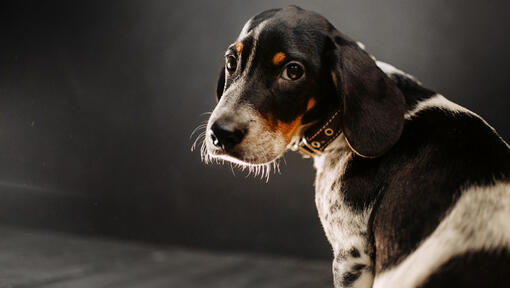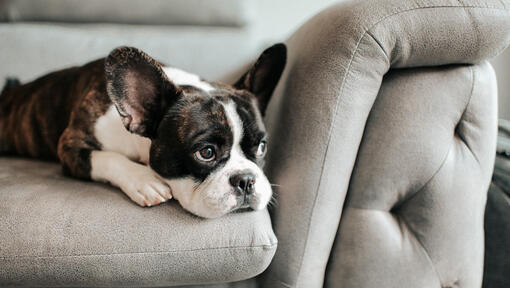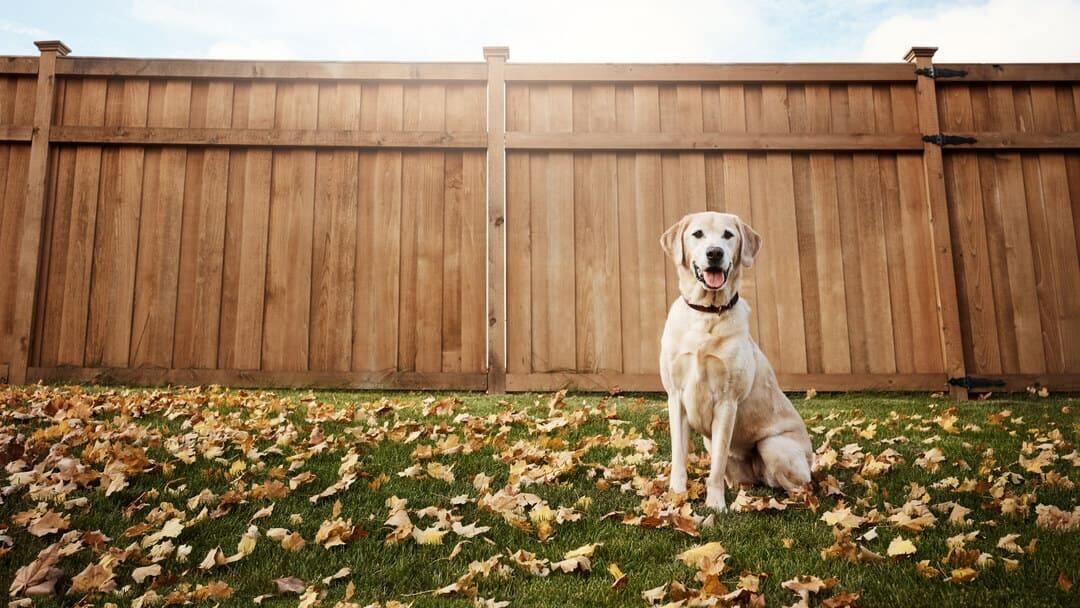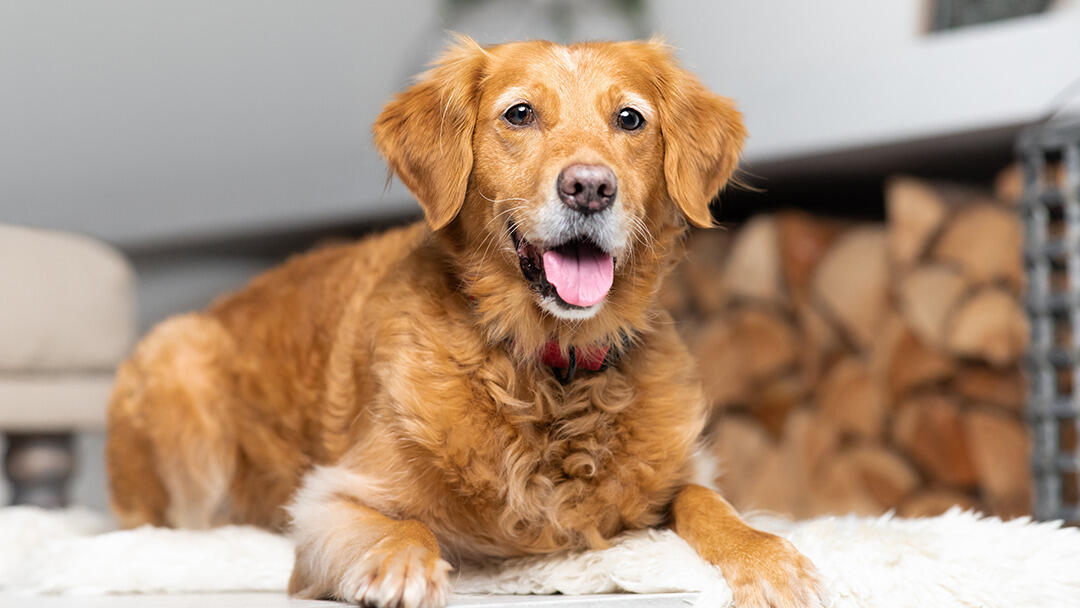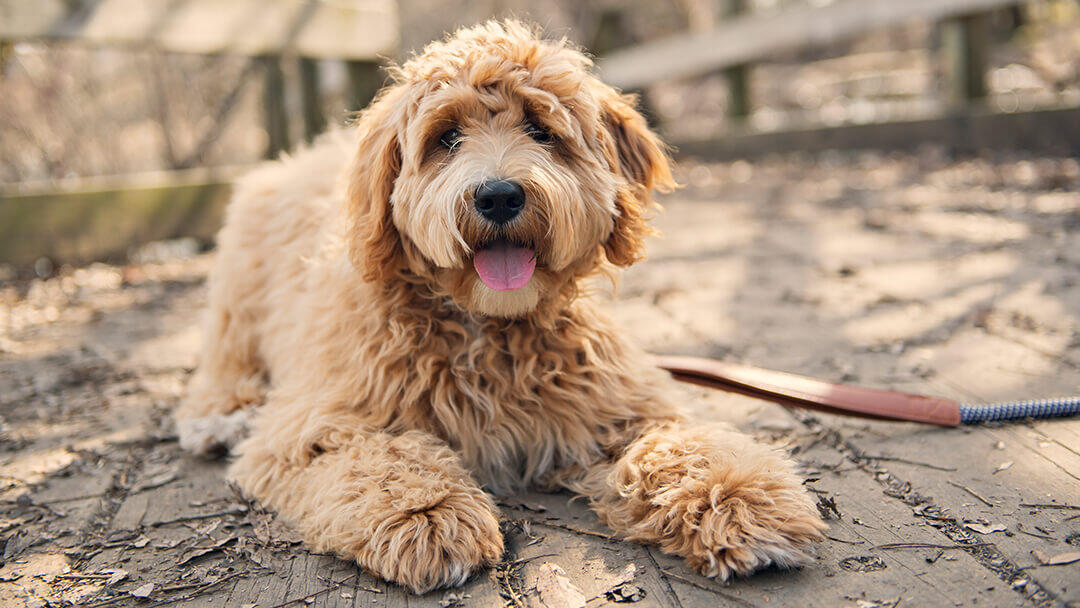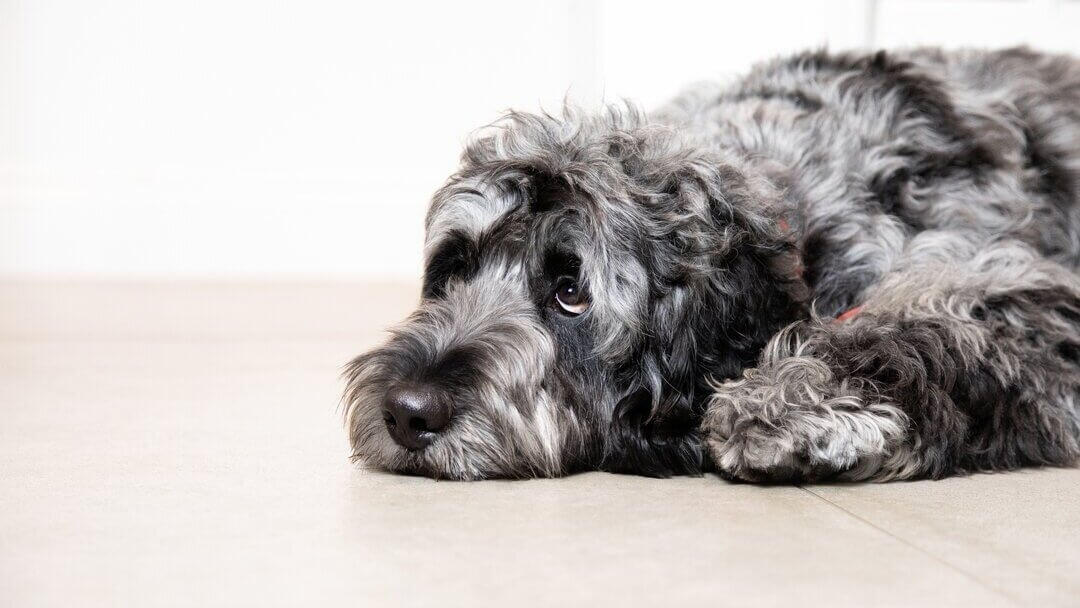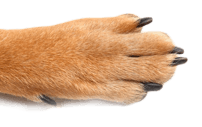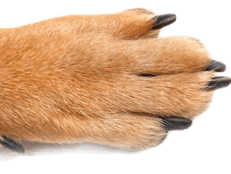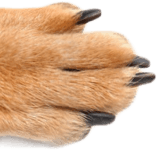Incontinence In Dogs: Why Has My Dog Started Urinating at Home?
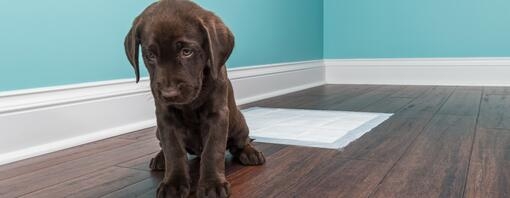
Discovering that your dog is leaving behind wet patches in their bedding or on the couch can be upsetting for pet owners. While in some cases, this might be an isolated incident, it is also possible that your dog is suffering from a medical condition causing urinary incontinence, where they are unable to control their bladder and might not even be aware of the leakage.
Incontinence in dogs can affect all breeds, genders, and ages but is most common in older dogs. So, if your dog has started having accidents around the house, and is usually well toilet trained, make an appointment with your vet for a diagnosis and to discuss possible treatment options. Meanwhile, here are a few things to know about incontinence and what to do if your dog is leaking urine.
What Is Urinary Incontinence in Dogs?
If you’ve noticed wet patches in your dog’s bedding or other places where they are resting in the house, this might be a sign that your pet is suffering from urinary incontinence. The term ‘incontinence’ in dogs refers to a pet who is involuntarily losing control of their bladder. This is a clinical condition or symptom which needs to be accurately diagnosed and treated by your vet. This is totally different from your dog having housetraining issues or behaviour problems.
Incontinence in dogs means that your dog is leaking urine involuntarily. This happens mostly in their sleep (although they might also do it while awake) usually because of their age or a health condition. Therefore, it’s important not to tell off or punish your dog as oftentimes, they don’t even realise it has happened and can get as stressed about it as you do.
What Are the Causes of Urinary Incontinence in Dogs?
Dogs may have a loss of housetraining due to behavioural issues or stress and fear – as well as a failure to properly house-train them. But in the case of urinary incontinence, the cause is a clinical condition. Here are some of the possible health problems that may lead to your dog involuntarily leaking urine:
- Spinal injuries affecting the nerves controlling the bladder.
- Urinary tract infection.
- Congenital anomalies that alter the way the bladder functions.
- Hormonal imbalances.
- Weak bladder.
- Diseases that lead to increased thirst such as diabetes or kidney issues.
- Tumours.
- Spaying (especially in some breeds).
- Urinary bladder stone.
- Canine cognitive dysfunction (CCD).
Symptoms
Before visiting your vet, check if there are any other clinical symptoms as it will help your vet make a diagnosis.
Questions to ask yourself:
- Have you noticed your dog drinking more water than usual?
- Is there any blood in their urine?
- Are they walking stiffly, reluctant to get up from lying down, or generally looking uncomfortable?
- Have their sleeping patterns changed?
- Are they generally restless?
- Has the incontinence come on suddenly or gradually?
- All these possible symptoms can help your vet get to the bottom of your dog’s incontinence.
Diagnosis
To determine the cause of your dog’s incontinence, the vet will take a full history, look at your dog’s medical records and do a physical examination. Various tests might be recommended including blood tests, ultrasounds, urine tests, and radiography. This will help rule out tumours, bladder stones, infections, hormonal imbalances, and diseases such as dog diabetes.
More complex tests may also be required if your dog’s spinal reflexes are the suspected cause of the urinary incontinence.
Treatment
There are many treatment options available, however this is dependent on the underlying cause. If your dog is leaking urine because of an infection, antibiotics will be prescribed. Medication that addresses hormonal imbalances also exists, so if that’s the cause treatment can alleviate the problem. In other cases, surgery may be needed to correct or treat the issue.
How Can I Avoid or Manage Urinary Incontinence in My Dog?
How you deal with incontinence at home depends on the cause and your vet’s treatment plan. If your dog is on medication, it is important to give this regularly, at the same times daily and following your vet’s advice. If this doesn't seem to be working effectively (or stops working), contact your vet who can either change the dosage or look at other options.
Sometimes however treatment takes time or else doesn’t prevent the incontinence entirely.
There are many things you can do to make life easier for both you and your dog.
Increase The Number of Trips Outside
In most cases, incontinence has nothing to do with a breakdown in toilet training but having a regular toileting routine – and if anything, increasing your dog’s toilet breaks, can help prevent the bladder getting too full leading to leakage. Make sure you take your dog out yourself – don’t just leave the door open as older dogs or dogs with CCD will often not go out on their own.
Use Dog Nappies Designed for Incontinent Pets
Dog nappies can help when managing your dog’s urinary leakage – especially if they like to cuddle up on the sofa with you. They will help to protect your flooring and furniture, but they can be uncomfortable, and many dogs don’t like wearing them. If you do use them – especially for ‘sofa time’ or if you take your dog to visit family and friends - regular changes are important for hygiene and to prevent rubbing and any skin irritations. While diapers can be helpful, they should be used with other management strategies.
Change The Surfaces Where Your Dog Sleeps or Lounges
Placing protective covers on your dog’s favourite resting places (under a soft top layer for comfort) can help to simplify the cleanup process if they do have an accident.
Should I Take My Dog to The Vet for Incontinence?
Yes, you should take your dog to the vet if they are showing signs of urinary incontinence. They will be able to diagnose the cause of their incontinence and can prescribe the appropriate treatment.
Dog Breeds That Are Prone to Urinary Incontinence
Certain dog breeds do seem more prone to developing urinary incontinence than others, and in most (but not all) of those, females are more prone than males, but the research and statistics on this are constantly changing. It does however seem that it is most common in middle-aged to senior, medium to large breed, neutered female dogs, with the Irish Setter, Dobermann, Bearded Collie, Rough Collie and Dalmatian being included in the hig- risk breeds.
Senior Dog Incontinence
Incontinence is more likely to affect senior dogs. This is because the muscles that hold the urine in the bladder tend to get weaker with age, therefore making incontinence most likely. Canine cognitive dysfunction is also a factor in incontinence as is being overweight.
Can early spaying cause incontinence?
A recent study by the Royal Veterinary College indicates that neutered bitches have 2.23 times the likelihood of developing urinary incontinence then entire bitches. This is not a reason not to neuter as the advantages generally outweigh the risks but discuss this with your vet especially if your dog is in the high-risk group.
No matter how frustrating it might get, always avoid telling your dog off because this can increase their stress and anxiety and make the problem far worse. Plus, they’re not doing it on purpose and will not even be aware that it’s happening.
Prompt diagnosis and treatment will make a huge difference when dealing with incontinent dogs – along with patience and plenty of love.



